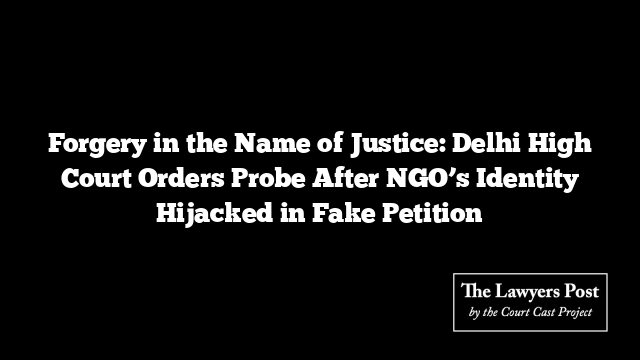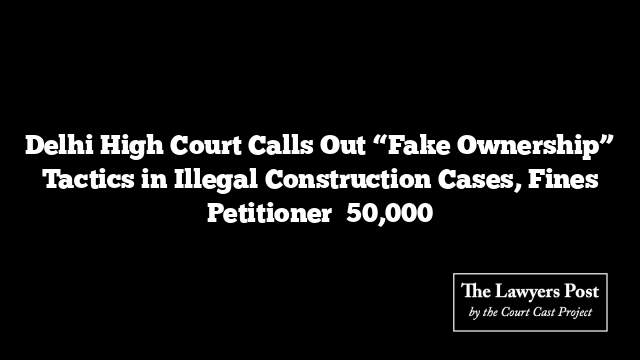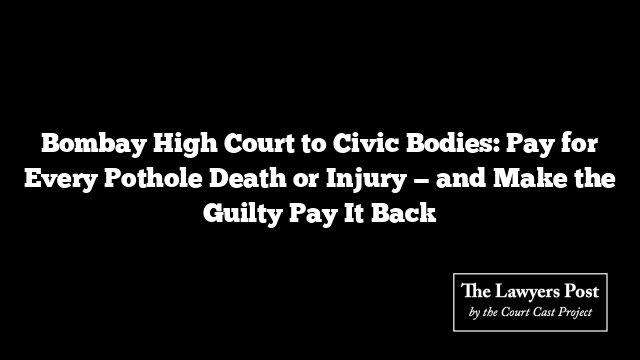A courtroom meant for truth instead found itself the stage for an elaborate deception. The Delhi High Court has ordered a police investigation after discovering that a demolition plea had been filed in the name of an NGO—Delhi Ki Galiyan—without the organization’s knowledge or consent.
Justice Mini Pushkarna, who heard the matter, was alerted to the fraud when Akbar Ali, the actual president of the NGO, appeared before the bench and stated he had never authorized any such case. Producing his Aadhaar card and official records of the governing body, Ali revealed that the group’s letterhead had been stolen and publicly misused—a warning he had already issued through a notice published weeks earlier.
The notice identified one Farid Ali, accused of impersonating the NGO to file the petition. Supporting documents, including the public announcement and complaint, were handed to the court, which swiftly took them on record.
“This Court takes note that the present writ petition has been filed unauthorizedly, without any authority from the said NGO,” Justice Pushkarna remarked. “It is a serious matter—a case of deception and fraud played upon this Court.”
Calling such acts a “misuse and abuse of the process of law,” the judge observed that those who exploit judicial machinery for “personal and unlawful gains” strike at the integrity of justice itself.
Meanwhile, the Municipal Corporation of Delhi submitted that the concerned property had already been sealed and that further enforcement action was scheduled. Photographs of the site were annexed to the record, confirming that steps were indeed underway.
Once the truth surfaced, the real president withdrew the unauthorized petition, and the court formally disposed of the case—but not before striking back at the deceit.
Taking a stern view, the court directed the Deputy Commissioner of Police (Central District) to investigate and proceed against Farid Ali in accordance with the law. A penalty of ₹50,000 was imposed on him, payable to the Delhi High Court Bar Clerks Association within six weeks.
The judge made it clear: forging an NGO’s name to move a court is not only an act of impersonation—it is an affront to the sanctity of justice itself.





